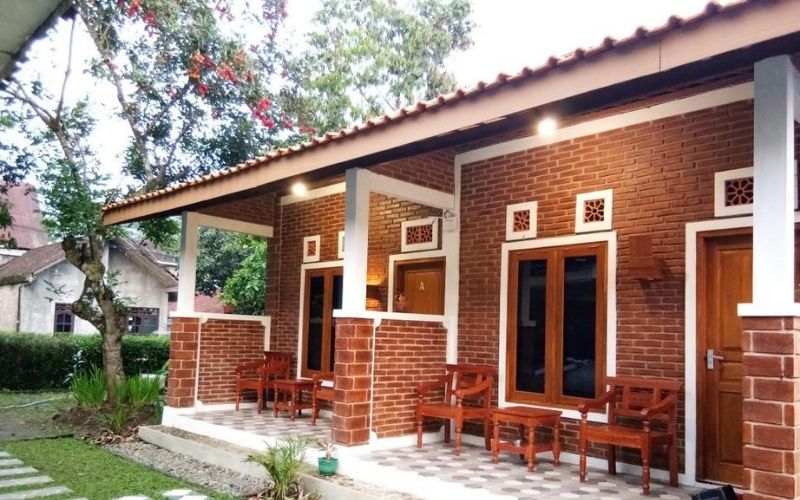A homestay is a great opportunity for all kinds of travellers to gain firsthand experience of a place, to learn more about the culture, and to make local friends. Providing hospitality to guests from different cultures and backgrounds is an excellent way to share experiences, traditions and customs with each other.
The word “homestay” might bring back memories of a homey, cosy little house, with a quaint chair by the window, and a friendly chat with locals. Homestay is not just any old accommodation.
Homestays are usually found in rural areas, so they’re also a good choice if you’re trying to get off the beaten track.
What’s included in your homestay?
Homestay in Thiruvilwamala are similar to having a room in a family home: you’ll have access to a lot of facilities that can be hard to find when travelling on a budget. Meals will be provided (often prepared by your host) and laundry facilities might be included too.
There might be some limitation on what time you can return at night or which parts of the house you have access to, so make sure you clarify this before booking.There are usually no hidden costs, other than maybe paying for food. All major credit cards are accepted.
The person who invites the visitor to their home may either be a host family only inviting foreigners to their home, or a local person who just happens to have an extra room (or two!) in their house. Both options can be equally rewarding – it depends on what you’re looking for.
The lodging available can range from shared rooms with the family, to private rooms in the house, to sometimes even an entire apartment attached to the main house. The price will vary depending on the amenities offered and your level of independence during your stay.
The benefits of a homestay
Homestay in Kerala is a great opportunity for travellers to learn and understand more about the places they are visiting. While having a homestay will throw you into their lifestyle, it’s important to keep in mind that this isn’t always a perfect situation: if you are travelling as part of a particularly touristic trip, you won’t get any special experience. But if you want to get a more genuine experience, you must travel independently through layers of culture and tradition, flaws and all. You may think at times that your hosts are being inconsiderate or rude, but remember why they have good intentions: their way of doing things, just as yours is back home, is likely based on hundreds of years of habits and customs. And, although that doesn’t mean breaking all of those customs isn’t okay, it does mean that getting on with daily life, it takes time for them to understand your habits, and it takes time for you to adapt to theirs. Take care not to create further rifts here by being judgmental about some aspect of life with your host family; rather approach everything as an opportunity to learn something new about another culture.
In Nutshell
At the end of the day, creating a homestay experience is largely up to each individual host. The golden rule of hospitality will always help: be thoughtful and respond promptly to any questions. Whatever you do, though, don’t forget why you’re hosting in the first place: to make a connection with one of your fellow travellers.



